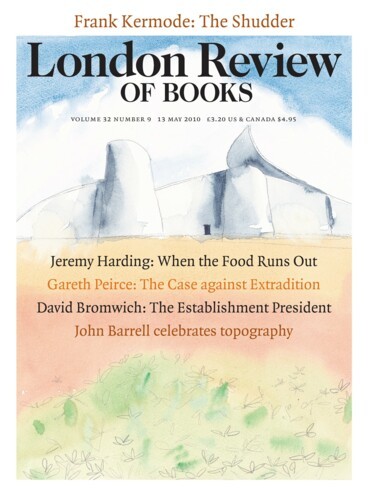Songs of Papusza
I was once besotted with a black-eyed boy. The young men
of my kumpania stretched him out in an àshariba. Only then
did Dion´yzy Wajs, ancient Dion´yzy Wajs, pay his coin and court.
He possessed harps, bought my mother and stepfather’s heart.
All I possessed were secret books. Dion´yzy arranged my bed
as we both wished. There will be no children, he had said.
This is what I swan-sung when I wed: I am marrying
his harp. I died back to life as a child, a bride at fifteen.
I heart-sang: ‘The harp is the abyss. I shall never know
the earth again, not through her notes, not as the notes
from a thrush’s three-fluted throat, or notes of rain
from a wrung spring sky, not notes of my horse’s strain
as she clamps and cleaves the clogged road. I am nothing
but these fingers, fronds furling over a harp string:
those springing strings in my throat where the wind
of my breath wakes poems.’ So the roads unwound,
my beloved books sly in an oilcloth beneath the harp
like prize tools you’d want wiped, spry and sharp;
and my voice swivelled, swelled, stammered into song
while old man Dion´yzy Wajs stretched and struck at his strings.
Dion´yzy Wajs folds his harpist’s fingers, the fingerprints
wasp-stung while strumming his shimmers and feints
throughout the forest-villages of Volhynia. Our harps
are hauled upright over our wagons, like rigged ships
of music moving on breezes between those little ports.
Skilled mistrals finger the strings through starless nights.
We travel all day. We pay back the night with our numbers.
I sing at the dark while Dion´yzy Wajs flickers and flexes.
My husband’s harp hangs on a high hook. He tensions
the strings to one fugal tonne of force. He polishes
the teeth of its buzzing bray pins, the plane of strings
perfectly perpendicular to the soundboard. I sing
and his fingers follow me, melody murmuring on a thread.
He tilts the forepillar like a sight from which he can read
my every glance. A fleshy pluck, he says, will wake the warm
wan note; while a pluck from the finger’s bone-tip releases
that strong, strewn soundburst: a drum’s boom across the wires;
a door deepening on darkness; our windows as the winds slam.
Send Letters To:
The Editor
London Review of Books,
28 Little Russell Street
London, WC1A 2HN
letters@lrb.co.uk
Please include name, address, and a telephone number.

